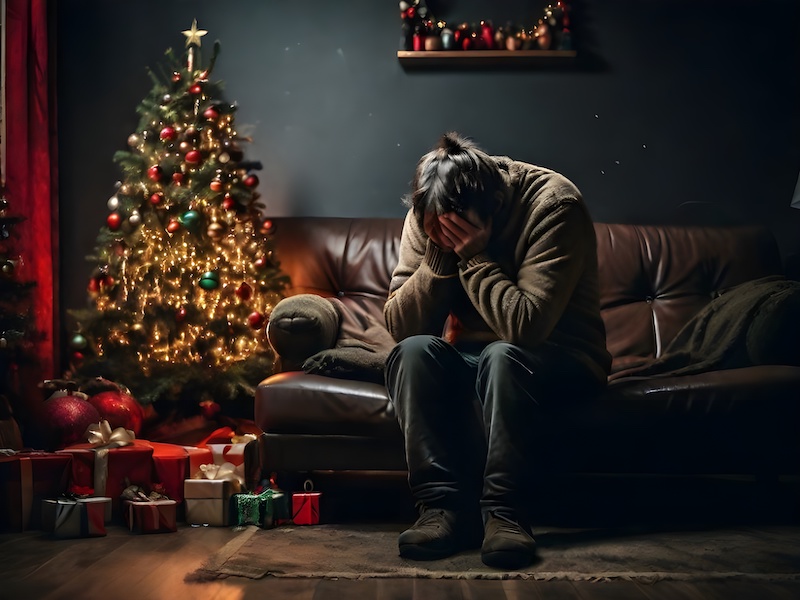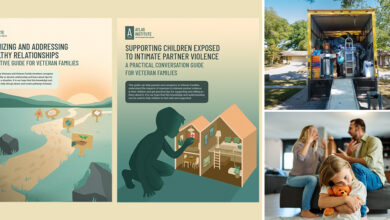Health and Wellness
Surviving Seasonal Stress
Achieving mental health requires striking a balance in all areas of life including, social, spiritual, physical, economic and mental.
At certain times of the year, the balance may be tipped too far in one direction. Everyone’s personal balance is unique, but everyone has the same goal, staying mentally healthy by achieving the right balance.

Toughest Time of Year
“The toughest times of the year are between Remembrance Day and Christmas, then into the long cold winter. The reduced sunshine during the day really does impacts those who suffer with post traumatic stress disorder, even those who do not,” said LCol (retired) Chris Linford, author of Warrior Rising, and national ambassador of Wounded Warriors Canada.
Operational Stress Injuries are defined by an individual’s persistent psychological difficulties that result from operations with the Canadian Armed Forces. These can include a range of mental health conditions and behaviours that may include:
- depressive disorders,
- addictions, and
- post traumatic stress disorder (PTSD).

Affects Every Canadian
According to the Canadian Mental Health Association, mental illness affects every Canadian at some time either personally or through a family member, friend or colleague.
“The stigma surrounding mental illness is still alive and well in the Canadian Armed Forces, and indeed the general population. It is better now, but I continue to meet people who fear coming forward to ask for help, as they are concerned admitting they have a problem will greatly impact their career,” said Linford.
In his opinion, when a member knows for sure something is not right they might as well reach out and ask for help regardless of the stigma. One way or another they are putting their career in jeopardy, either they will be stigmatized or they will be unable to work because the illness makes them unable to function.

Loss of Family Side Effect
The additional tragedy is the cost of waiting to seek help. Loss of family is a common side effect of operational stress injuries.
“The grief that comes from the loss can lead to suicidal ideation and possible suicide. If you are feeling poorly, depressed or sad visit the Care Delivery Unit and tell them. They are very experienced and are there to listen. Do not isolate, and don’t let others isolate themselves,” advised Linford.
Make an effort to include people, who would otherwise be alone, in holiday gatherings notes Linford. He believes reaching out to one another can make a difference. At Christmas, the military community and military families need to step up and engage with each other.

“Feel Like We Have No Purpose”
“This time of year often reminds us of long-ago magical moments with family, times when we were care-free kids,” explained Linford. “This time of year is also a reminder that perhaps we haven’t achieved all we thought we might in life, and that can make us feel like we have no purpose.”
When talking to others about his experience with PTSD Linford shares, he discovered a purpose and focus in life when he found ways to pay-it-forward over the holidays and throughout the year. Giving to others was a way to heal and helped him regain his balance.
For military family members who are looking for support please call:
- Member Support Line 24/7 1-800-268-7708 or
- Family Information Line 24/7 1-800-866-4546.










